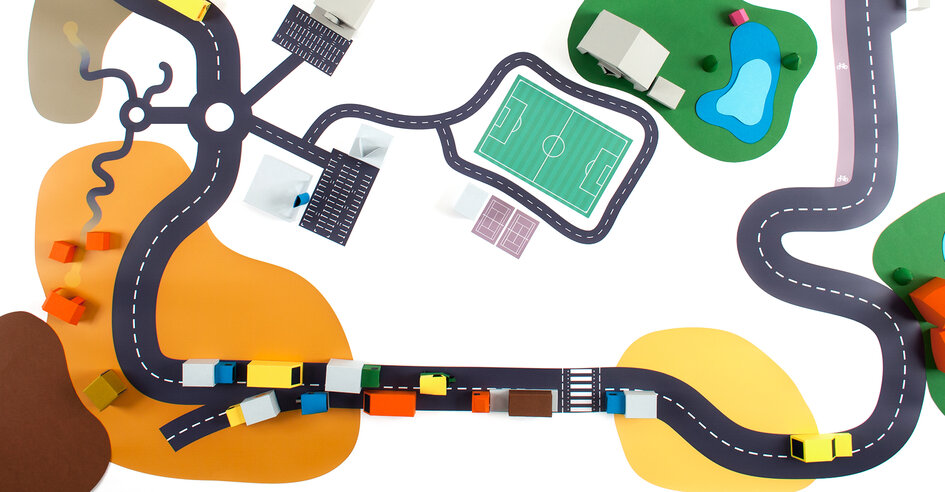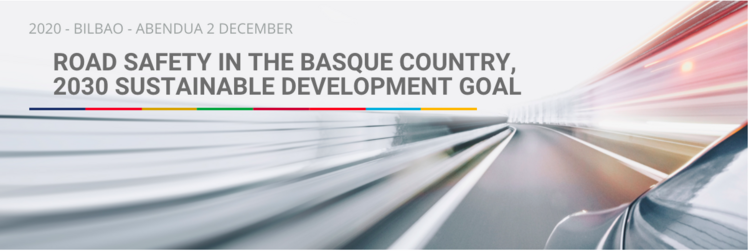
Press Release: A mandatory lockdown for youth? This is not about COVID!
On December 8, the Global Youth Coalition for Road Safety launched a global awareness campaign called “Lockdown for Youth”. 2020 has been an extremely challenging year with the coronavirus pandemic, but amidst this, young leaders have joined together to call for another type of ‘lockdown’, this time not about COVID-19.

The campaign shows young people calling for a mandatory lockdown because they don’t feel safe going out. While viewers immediately think that it was referring to COVID-19 and the countless lockdowns around the world, young people leaders were actually using the opportunity to raise awareness about another cause; road crashes. They were not actually calling for a lockdown, but rather calling for youth voices, global and local action and a seat at the table to fight this public health concern.
Road crashes have been the biggest killer of young people aged 15-29 globally since it was first announced by the World Health Organization in 2007. Every day more than 1000 youth die across the world due to preventable road crashes and many of these are in low and middle income countries.
The young people featured in the video and campaign materials are members of the Global Youth Coalition for Road Safety, a movement that empowers youth to take action for safe mobility to save the lives of their peers on the road.
The campaign, conceptualized by the youth, makes reference to the current global pandemic, working from the fact that radical and immediate action was taken to end the continuous loss of lives during the pandemic and rightly so. Post pandemic, the same urgency is needed on the world’s roads. While we are not comparing the pandemic with road crashes, life after the pandemic is a perfect opportunity to build back better for a safer and more sustainable mobility system.
In our society, more and more young people use social networks such as Facebook, Twitter, Instagram and the like, and every day on these networks put their photos taken in different situations.

Global Youth Coalition Project Manager, Raquel Barrios, said “at the Youth Coalition, we use creativity to share our concerns on pressing issues around road safety. With this campaign, we used the current situation to bring attention to this major threat to young lives; road traffic crashes. The Youth Coalition is here to support youth in amplifying their voices, providing them with all the resources needed to prevent more deaths on the roads. We are happy to welcome all youth who want to take real actions in road safety and other related fields”.
Through the campaign, young people take the lead in the fight against road crashes. Global Youth Coalition Member Robert Colonna from Canada says about the campaign “‘Lockdown for Youth’ global awareness campaign highlights the importance of unity in fighting the battle for road safety. Together, our voices are powerful. This was evident in our fight for climate change, and our united global response to the pandemic. Now it’s time to fight for safer roads. For over a decade, road traffic injuries have been the leading killer of youth globally. By standing up and joining the Coalition, together, we can change the statistics!”
-Ends –





 better protect pedestrians. During this year, it was estimated that over 270,000 pedestrians lose their lives on the world’s roads, accounting for 22% of the total road traffic deaths of 1.24 million recorded during that year.
better protect pedestrians. During this year, it was estimated that over 270,000 pedestrians lose their lives on the world’s roads, accounting for 22% of the total road traffic deaths of 1.24 million recorded during that year.









